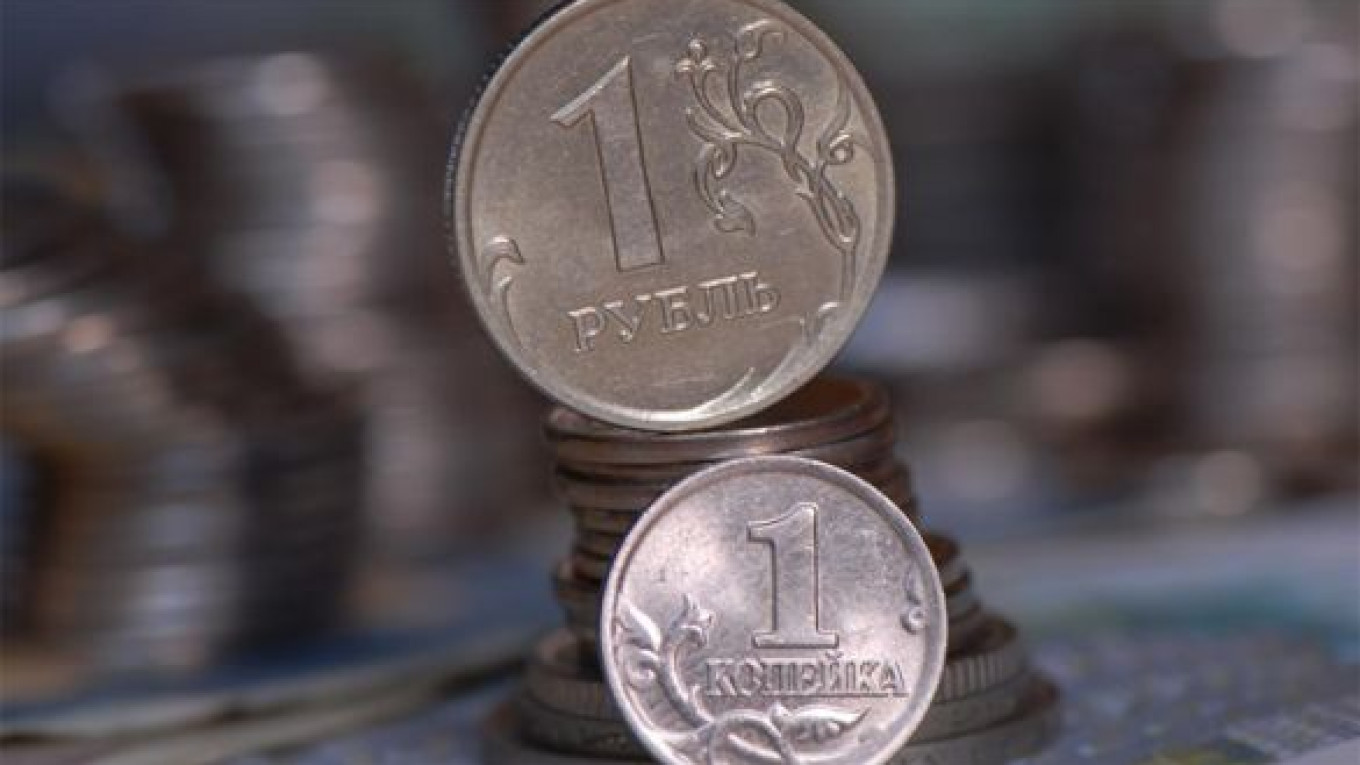In the last month, the ruble depreciated by almost 10 percent against major world currencies. This has focused attention on how the exchange rate is determined and the role the Central Bank plays in that process.
Arguing that the weaker the domestic currency, the poorer the population, some observers contend that monetary authorities should shore up the ruble in the interests of tens of millions of Russians.
But others point out that, because manufacturers benefit from a weaker ruble as employee salaries effectively drop and competitive imports rise in cost, the January depreciation was beneficial for industry and the authorities should consider weakening the ruble further.
Both sides of the argument agree on one point: Fluctuations in either direction are bad, and the Central Bank should do something to control them. In reality, such advice is unnecessary because the Central Bank already pursues the best possible policy for the Russian economy — namely, that of interfering only when it is necessary to smooth fluctuations in the exchange rate.
In practice, smoothing such fluctuations is not as easy as it sounds. Yes, it is simple enough for the Central Bank to buy or sell dollars to adjust the exchange rate, but how does it determine how much of an adjustment is needed? For example, if the dollar rises in price by 20 kopeks from one day to the next, should the Central Bank step in to push it down by 20 kopeks when it thinks the fluctuation was caused by a temporary factor? Or should it only partially dampen that jump if it identifies a larger, long-term change that cannot be "smoothed out" manually?
But smoothing fluctuations is not the most important part of monetary policy. It is far more important that the Central Bank refrain from trying to maintain a specific exchange rate.
That is called a "floating rate" monetary policy. There are ways to determine how much the Central Bank allows the exchange rate to "float" and how much it is working toward a particular, fixed benchmark, and the current policy is far closer to the former approach than the latter.
The main advantage of such an approach is that it reduces the risk and expense of "near misses" — that is, when the monetary authorities adhere to a fixed rate, a "currency corridor" or even a more flexible form of control that is incompatible with the rapidly changing macroeconomic situation. A vivid example of this was when the authorities maintained a fixed exchange rate from August to November of 2008, thereby contributing to a decline in production and higher unemployment.
With a floating rate, the Central Bank can more easily weather sudden changes in the economic climate. What's more, a floating exchange rate practically eliminates the possibility of a "speculative attack," a situation in which market players exploit the inability of a given monetary policy to fully adapt to shifting market conditions.
The problem is that it is more difficult to defend a floating exchange rate policy, while a fixed-rate policy is a simpler formula and easier for everyone to understand. Unfortunately, such a policy would do more harm than good in Russia's present circumstances.
Konstantin Sonin, a columnist for Vedomosti, is professor of economics and vice rector at the Higher School of Economics in Moscow.


